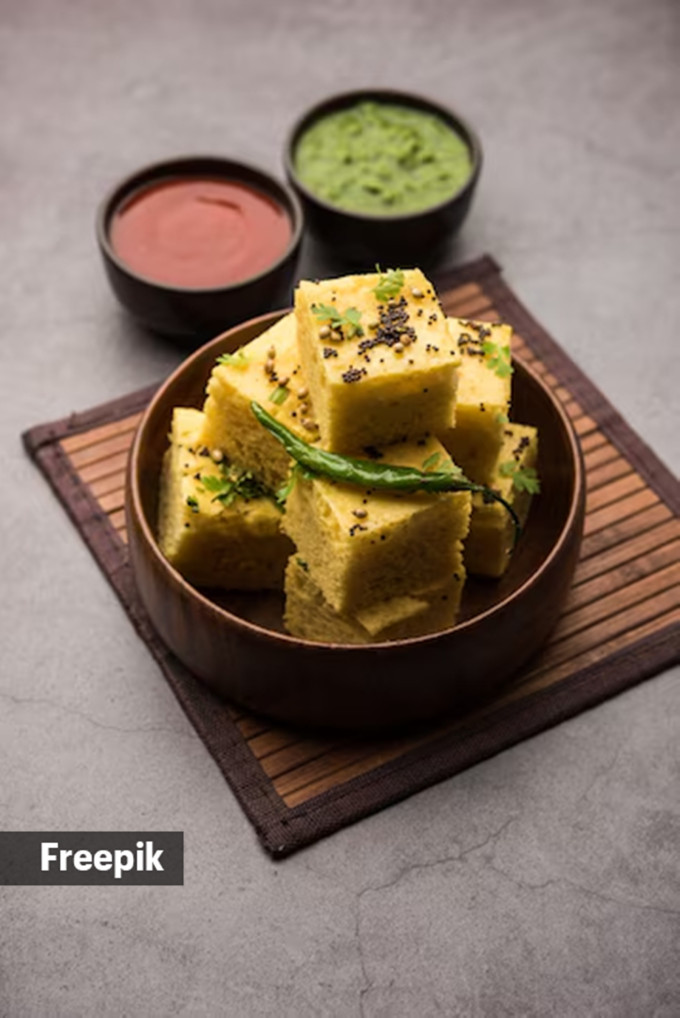Anant Ambani organises grand bhandara in Mumbai ahead of wedding with Radhika Merchant; know its significance
In a remarkable display of philanthropy and cultural tradition, Anant Ambani, the youngest son of business magnate Mukesh Ambani, has initiated a grand 40-day Bhandara in Mumbai.
This charitable event, occurring in the lead-up to his wedding with Radhika Merchant, feeds an astounding 9,000 people daily. According to a video that is going viral online, the last day of the bhandara is July 15.

In the video, the supervisor of the feast shared that it is open to the public and food has been served twice daily. The dishes being served can also be seen clearly. These include delicacies like vegetable pulao, gatte ki sabji, paneer sabji, raita and dhokla.
The bhandara, a significant gesture in Indian culture, not only showcases the Ambani family’s commitment to giving back to society but also intertwines age-old customs with contemporary social responsibility.
What is the significance of this practice?
Kanikka Malhotra, consultant dietician and certified diabetes educator, says, “In Hinduism, feeding the less fortunate is considered a noble act. Bhandaras are frequently held on important events, such as marriages. This bhandara might be viewed as an opportunity for the Ambanis to share their delight with the community.”
 The dishes being served can be seen clearly in a video that has gone viral. These include delicacies like vegetable pulao, gatte ki sabji, paneer sabji, raita and dhokla. (Source: Freepik)
The dishes being served can be seen clearly in a video that has gone viral. These include delicacies like vegetable pulao, gatte ki sabji, paneer sabji, raita and dhokla. (Source: Freepik)
Impact of large-scale community feeding events on social cohesion and community welfare
Large-scale community feeding events like bhandaras can have a positive impact on social cohesion and community welfare in several ways, says Malhotra:
Shared Experience: Breaking bread together, both literally and metaphorically, promotes a sense of connection and belonging. People from all backgrounds join together for a common goal of lowering social barriers and increasing understanding.
Fulfilling Basic Needs: Food is a basic human necessity. These events address food insecurity while also offering a safety net for people who are struggling financially. This can boost general well-being and lower social tensions.
Volunteerism and Social Connection: Volunteers are frequently involved in event planning and food service. This encourages social engagement and a sense of collective responsibility for the community’s well-being. It may also provide opportunities for folks to meet new neighbours and form relationships.
Recognition and Appreciation: These gatherings can provide the recipients a sense of respect and admiration. Knowing their community cares about them might boost mental health and social trust.
Why do couples often engage in philanthropic activities before their wedding ceremonies?
Malhotra explains, “In Hinduism, performing one’s dharma (obligation) and improving one’s karma (activities and their repercussions) are both vital. Charitable deeds such as bhandaras are viewed as a method to fulfil one’s dharma and accrue positive karma, bringing blessings into the couple’s new life together.”
Weddings are joyous occasions. Organising a bhandara allows the couple to share their happiness with the less fortunate and express gratitude for their own blessings.
She adds, “A bhandara also establishes the tone for the couple’s married life by highlighting the value of charity and social duty. This can be seen in the bhandaras menu, which prioritises nutritional and wholesome meals.”
A well-balanced vegetarian spread high in whole grains, legumes, and vegetables gives critical nutrients to receivers, while minimising processed foods and added sweets encourages healthy eating habits.
In certain families, planning charitable activities prior to weddings may be a generational practice that strengthens family bonds and honours their ancestry. Here, the bhandara menu can be used to highlight the family’s culinary heritage while still providing a balanced and nutritious supper.
How has the tradition of organising bhandaras evolved in modern times?
According to Malhotra, the bhandara tradition is adjusting to current circumstances. “While still assisting the needy, it is becoming more inclusive, with people from many walks of life taking part. This represents a move toward community involvement and a larger understanding of social responsibility.”
The simplicity of setting up stalls and the increased reach of social media allow for more frequent bhandaras, she mentions, making them an important approach to address modern challenges such as hunger and socioeconomic disparity. “This combination of tradition and social awareness reinforces bhandaras’ main message of sharing a meal and cultivating a sense of community spirit. There is also an increased emphasis on providing nutritional meals.”
📣 For more lifestyle news, click here to join our WhatsApp Channel and also follow us on Instagram
Disclaimer: The copyright of this article belongs to the original author. Reposting this article is solely for the purpose of information dissemination and does not constitute any investment advice. If there is any infringement, please contact us immediately. We will make corrections or deletions as necessary. Thank you.
